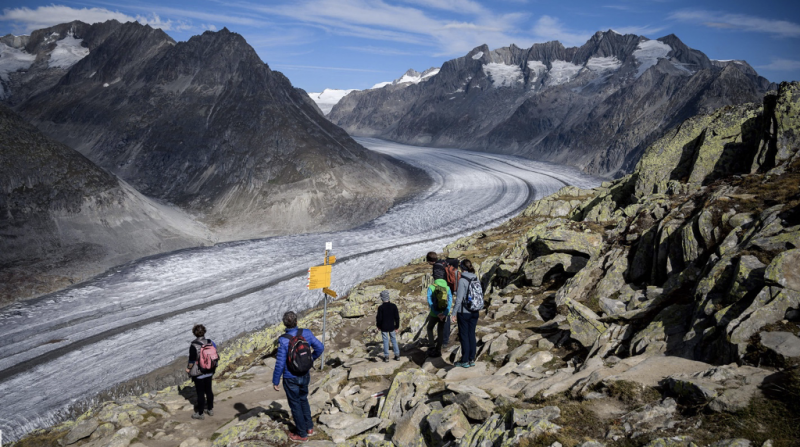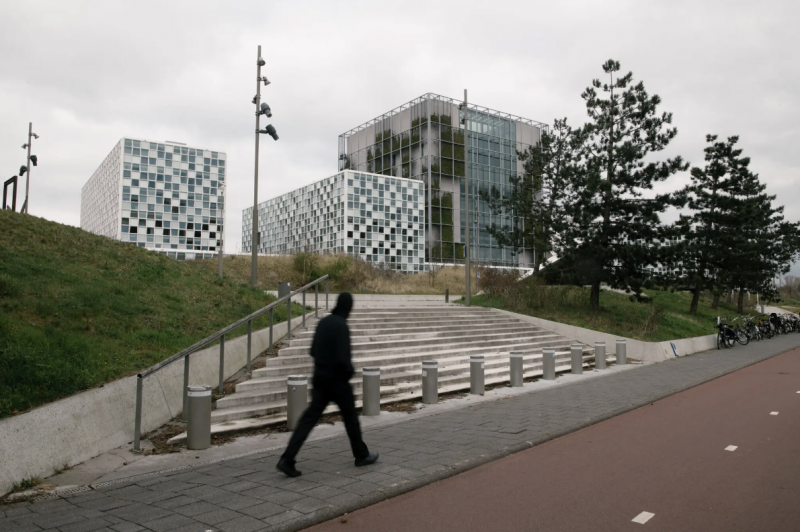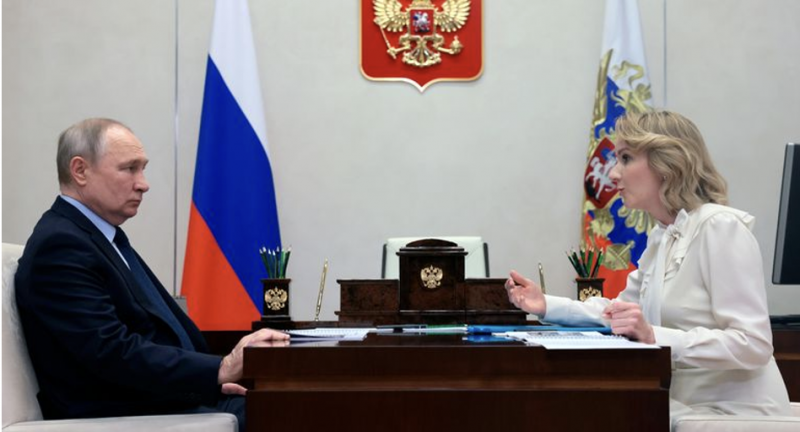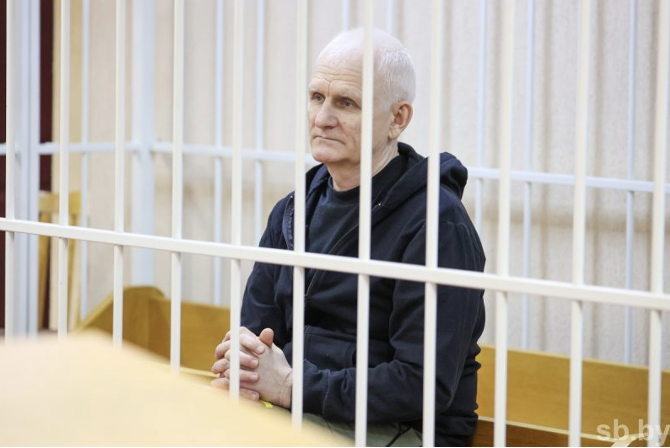By: Lauren Hile
Journal of Global Rights and Organizations Associate Articles Editor
THE HAGUE, Netherlands – On September 18, 2023, the International Court of Justice (ICJ) began hearing oral arguments for Ukraine v. Russian Federation. Ukraine brought this case against the Russian Federation in February 2022 to establish two provision measures: (1) not to be subject to false claims of genocide by Russia, and (2) not to be subjected to other state’s military operations on its territory. In presenting its claim, Ukraine relied on the Genocide Convention (the Convention) to argue that Russia has been relying on false claims of genocide by the Ukrainian government as a way to legitimize its invasion. Russia responded by arguing that the court lacks subject-matter jurisdiction over this claim because the ICJ may only hear claims of genocide. Claims that genocide is not happening is outside the scope of the court’s jurisdiction.
 |
The oral arguments began last week with Russia. In arguing that the ICJ lacks subject-matter jurisdiction for this claim, Russia asserted that because Ukraine insists that no genocide has occurred, and because Russia claims to have never accused Ukraine of these acts, the case should be rejected. Further, Russia argued that by bringing this claim under the Convention, Ukraine is attempting to expand the Convention to cover the legality of military operations between two states.
In its argument, Russia also stated that it invaded Ukraine in 2022 because had a right to self-defense after conflict escalated in the Donbass region of Ukraine, where the ethnicity is mostly Russia. However, when giving reasons why conflict escalated in this region, Russia cited threats of genocide coming from the “anti-Russian, neo-Nazi Kiev Régime”.
Ukraine responded to Russia’s arguments on September 19, 2023. After stating that Russia has been falsely accusing Ukraine of genocide since 2014 to lay the groundwork for its 2022 invasion, Ukraine offered four reasons why the ICJ has jurisdiction over its claim. First, the Convention has broad jurisdiction, and includes disputes that relate to how countries fulfill their treaty obligations. Second, the court’s jurisdiction is extended to disputes that are related to the Convention. Ukraine explained that Russia’s allegations that Ukraine committed genocide in violation with the convention are obviously connected with the Convention. Third, jurisdiction is extended to “particular disputes relating to the responsibility of a State for genocide.” Here, particular disputes would include whether Ukraine is really responsible for genocide, or whether Russia is violating its duties by falsely alleging genocide as an excuse to invade Ukraine. Lastly, per the Convention, “any of the parties” to a dispute under the Convention may submit the dispute to the Court to be heard. Ukraine argued “if, as Russia acknowledges, a State that levels allegations of genocide against another can ask the Court to resolve that dispute, there is no reason why a State such as Ukraine – that disputes allegations of genocide against it and illegal actions based on pretextual allegations – cannot do the same”.
Over the past year and a half, thirty-two countries have intervened in this case on behalf of Ukraine. As Germany stated in its oral observation, this unprecedented intervention “shows that the parties to the Genocide Convention have a very strong interest in its proper interpretation in the case.” Many of these countries presented oral arguments last week, echoing Ukraine’s reasoning for why the ICJ has jurisdiction over this subject-matter.
The second round of oral arguments were on September 25, with Russian opening.
For further information, please see:
ICJ – Germany Oral Consideration Round 1 – 20 Sept. 2023
ICJ – Lithuania Oral Consideration Round 1 – 20 Sept. 2023
ICJ — Request for the Indication of Provisional Measures Submitted by Ukraine — 25 Feb. 2022.
ICJ – Russian Federation Oral Argument Round 1 – 18 Sept. 2023



